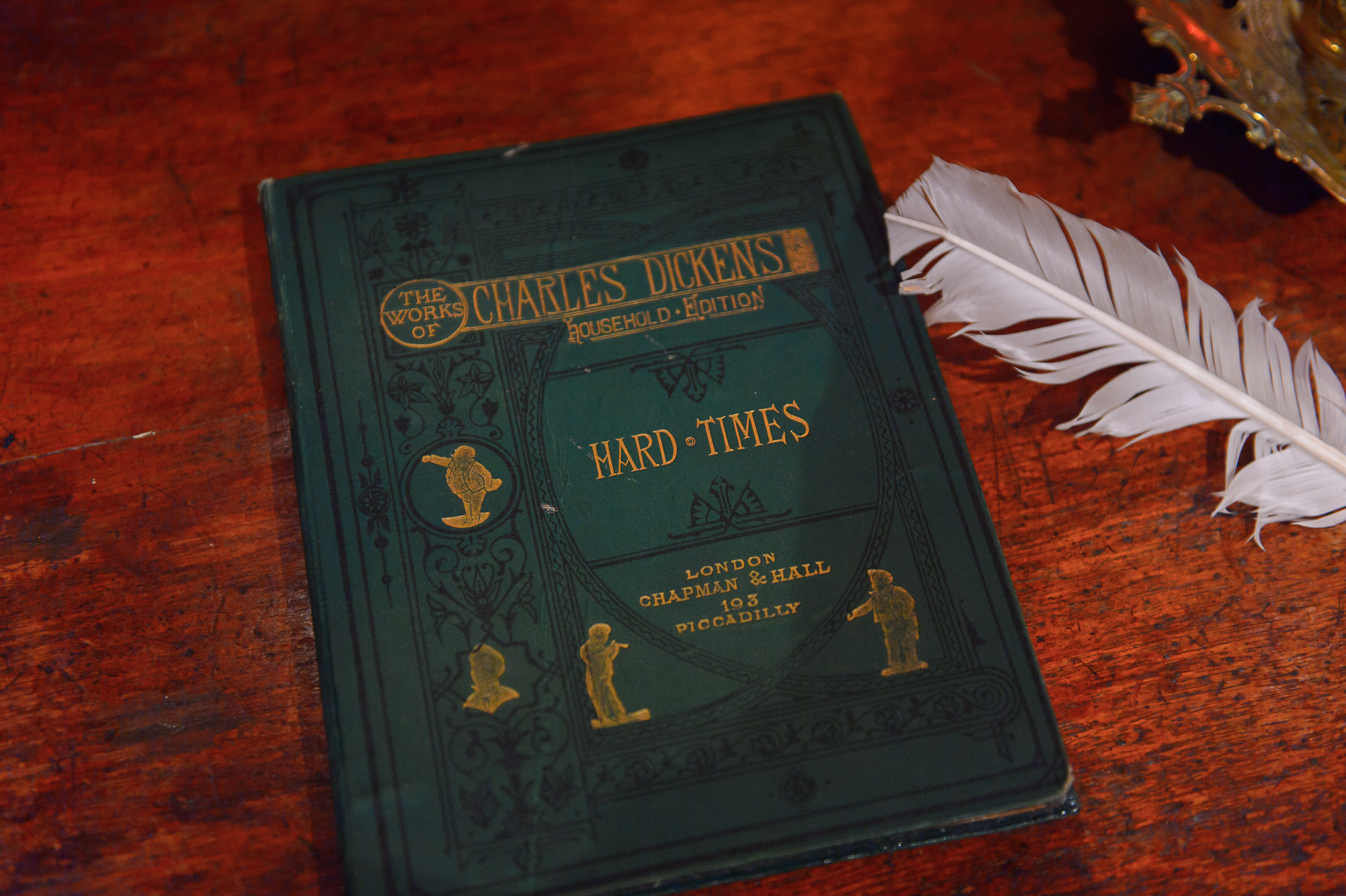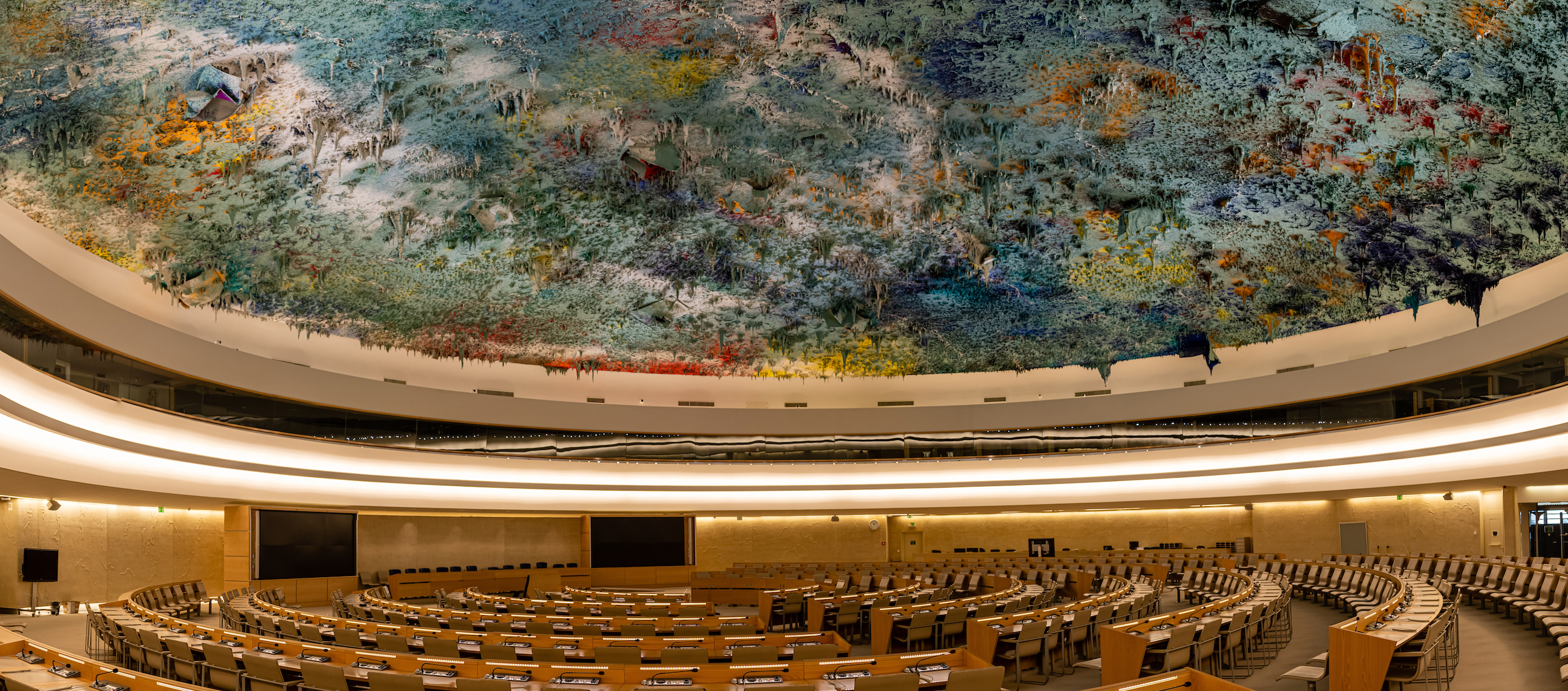While the Commission was at an impasse, one of the delegates referenced Robinson Crusoe. According to the representative, the book suggests that the individual does not need society: individuals are capable of creating their own personality and a good life by themselves. Indeed, Robinson Crusoe lives on an island in the absence of society.
However, the Soviet delegate immediately claims that’s not the message of Robinson Crusoe. He continues that Robinson Crusoe is not about an individual who manages to reconstruct society on his own. Instead, Robinson Crusoe depends upon a slave and all of the books that washed ashore from his shipwreck. He relies upon all of the technologies and the knowledge that he carries with him from society.
What I find interesting about this is not so much that the novel was able to resolve this question because it wasn’t – delegates still had competing views. Still, it’s striking that the book was so commonplace that delegates could have a literary debate.
This debate contributed to what ultimately became Article 29 in the Universal Declaration of Human Rights. This Article declares that all human beings have responsibilities to society, in which alone the free and full development of the human personality is possible. Overall, Robinson Crusoe was an enabling fiction for human rights law. This is true, although not everyone understood the novel in the same kind of way.


